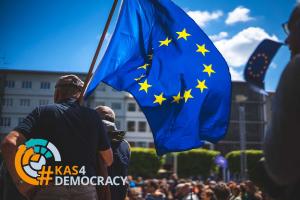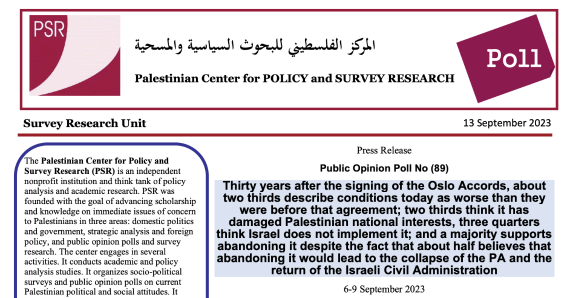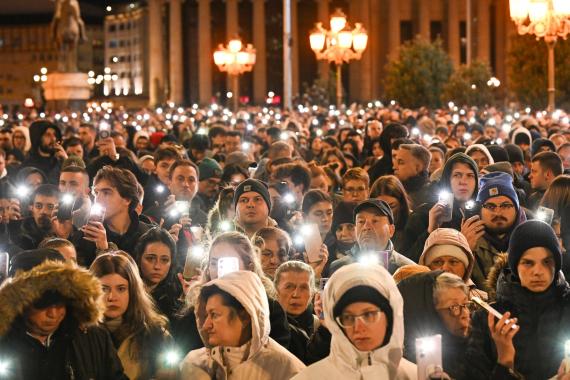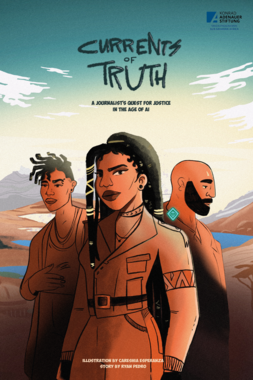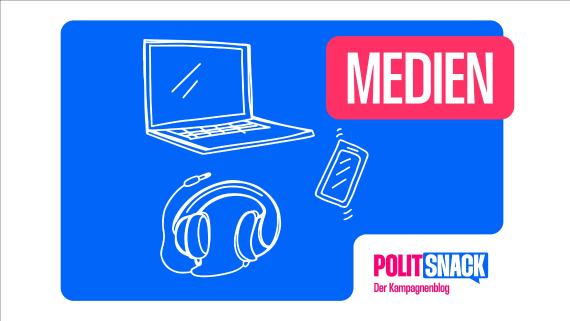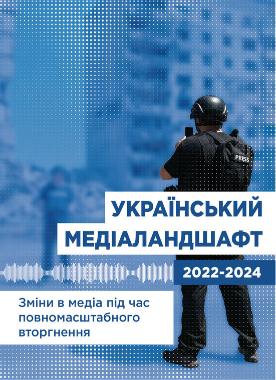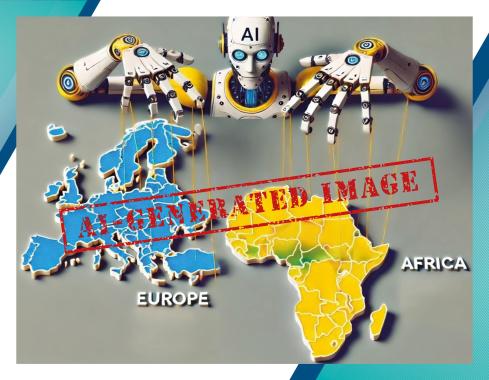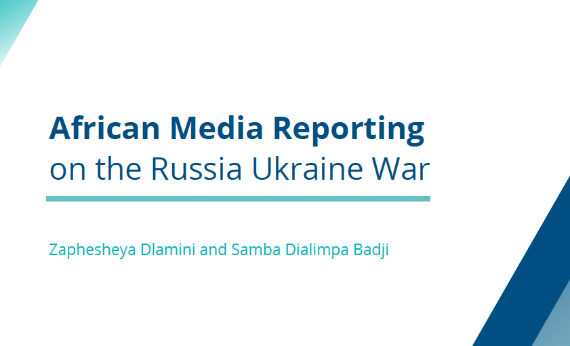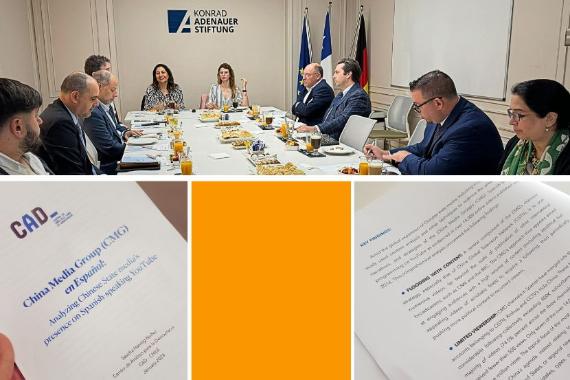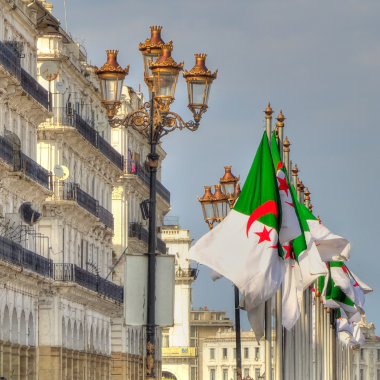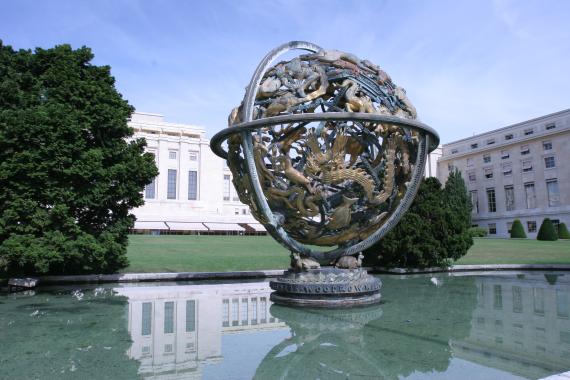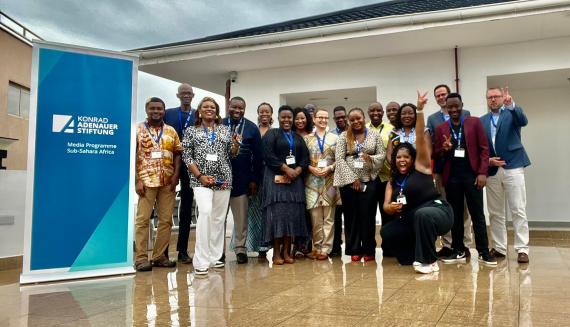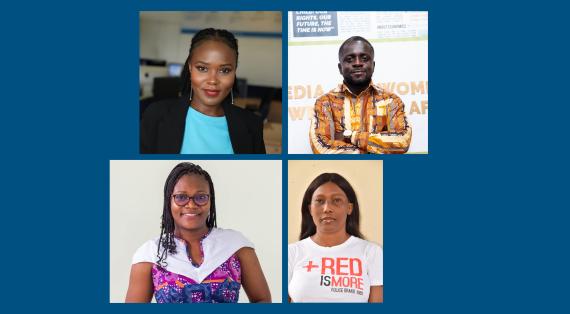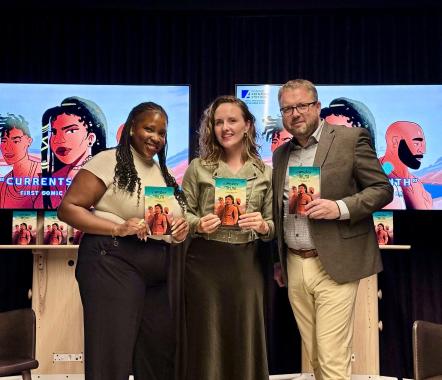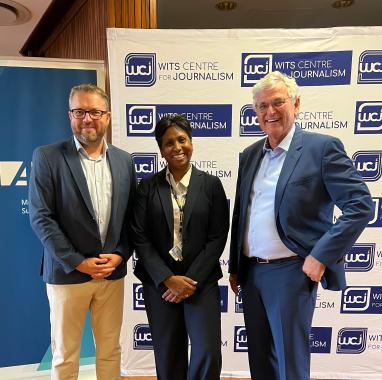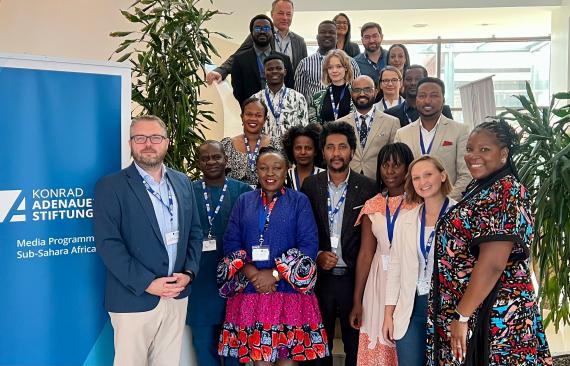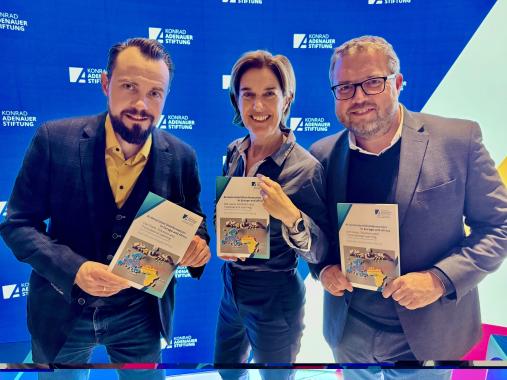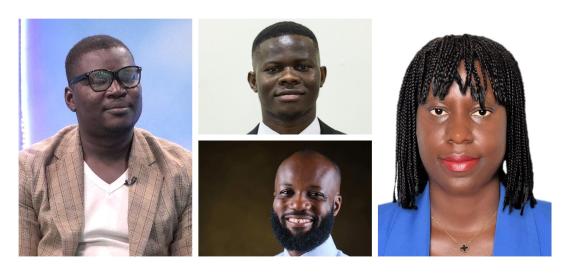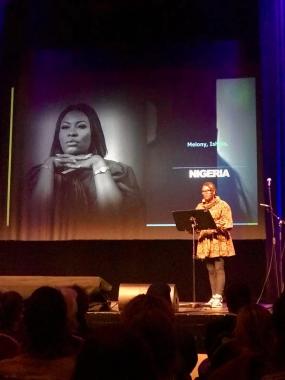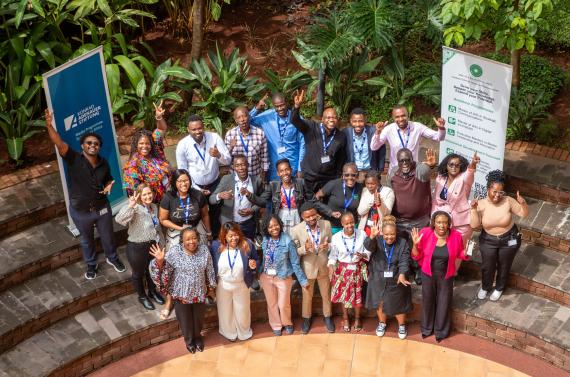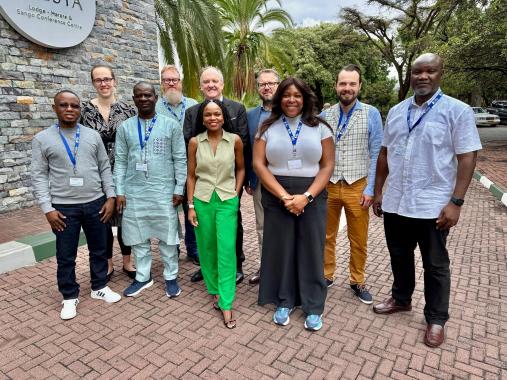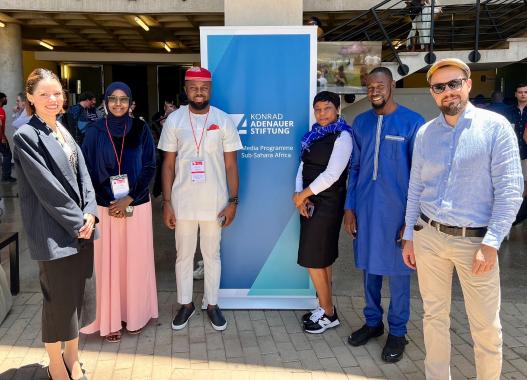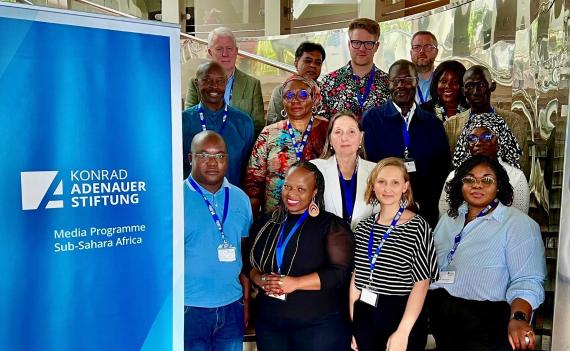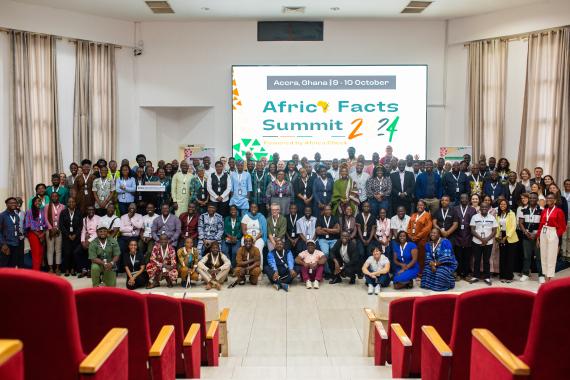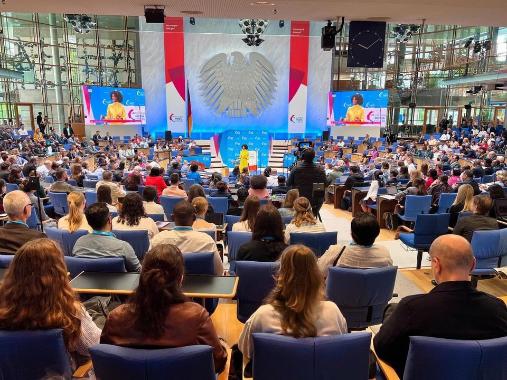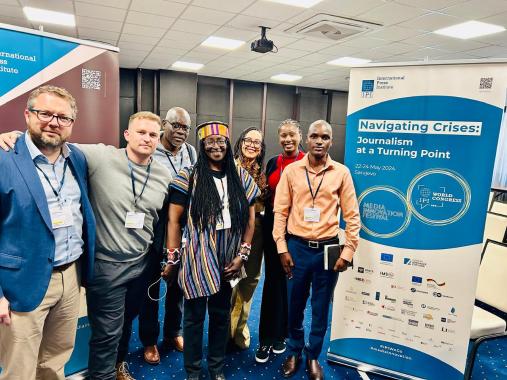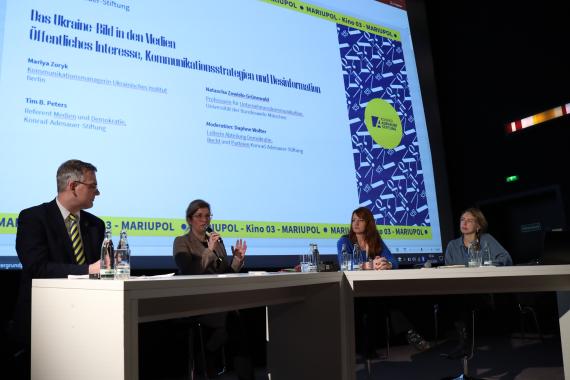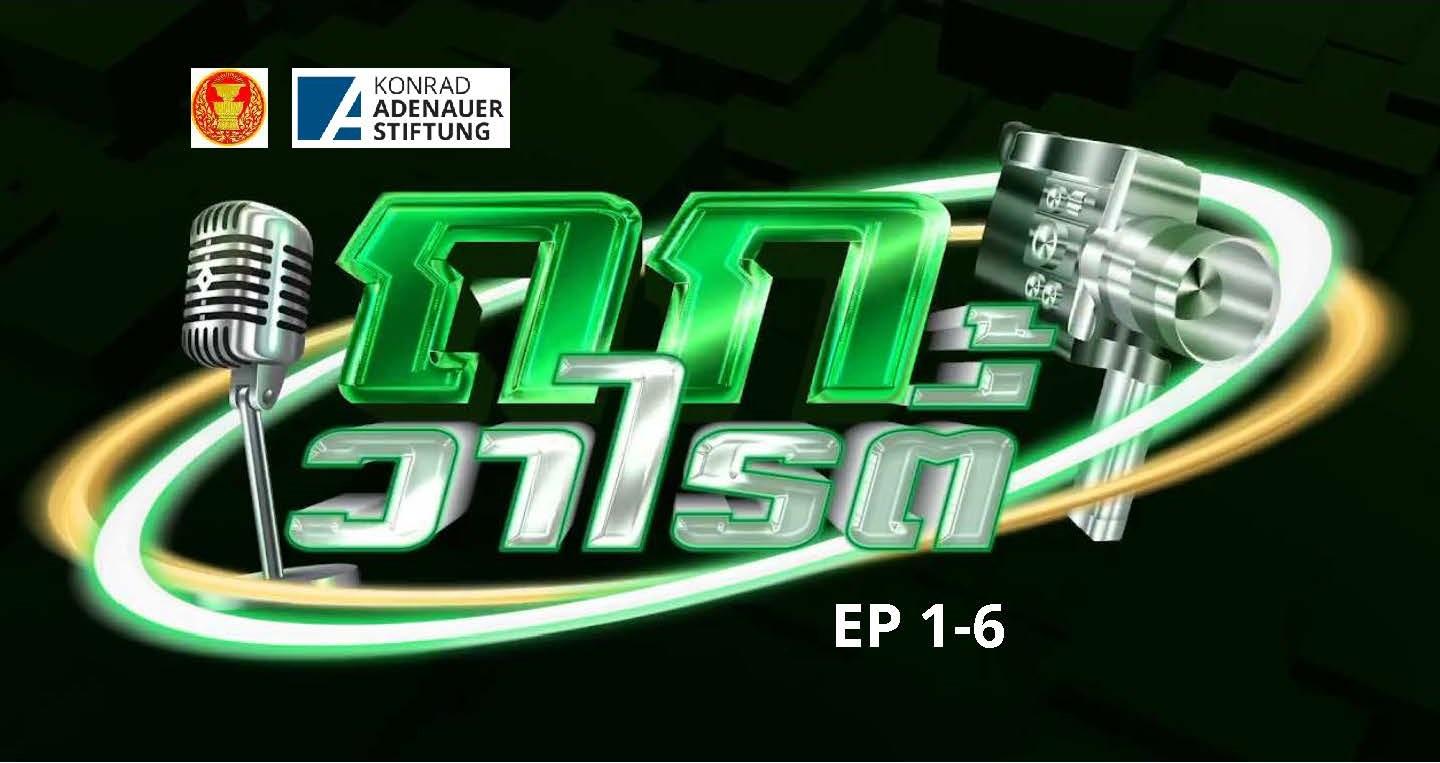If it were up to me to decide whether we should have a government without newspapers or newspapers without a government, I wouldn’t hesitate for a moment in giving preference to the latter.
At a glance
- An indicator for the state of a democracy is its media. Its diversity and nature determine the quality of the democratic public sphere and the population’s level of information.
- Political opinions are now predominantly formed on the internet. That harbours risks given that change is taking place outside the journalistic standards of professionalism and ethics.
- A shift to online media is leading to an increase in diversity of opinions, however, more fake news are circulating and hate speech is progressively brutalising our culture of debate.
- High-quality and reliable journalism will remain essential for democracies. We are therefore looking at how professional and accepted journalism could look in the future.
- As part of our global support for democracy, we also turn our focus to the media landscape abroad; with our three media programmes promoting a free and independent media in our project countries.
Content
1. Democracy needs media diversity and an informed society
2. Political opinions are increasingly being formed on the internet
3. Digitally induced rise in diversity of opinion has also negative sides
4. Reliable journalism will remain essential for democracies
5. Worldwide, we promote quality journalism, media freedom and press
6. Our offers and projects on the topic
7. Publications, events and media contributions on the topic
Democracy needs media diversity and an informed society
The media’s condition and diversity are crucial for the quality of the democratic public sphere, since citizens’ level of information and public opinion are largely determined by the media. That is why it is all the more important to preserve freedom of the press and transparency of media structures, to enable journalists to enjoy fair and safe working conditions, to counter propaganda and corruption within the media, and to safeguard media diversity, pluralism of opinions and the free formation of opinion. That is why we are committed to this in Germany and throughout the world.
Political opinions are increasingly being formed on the internet
What was predicted a few years ago, has now already become a fact: Political opinions are increasingly being formed on the internet. That is why we have to ask ourselves: Have the traditional leading media lost their sovereignty of interpretation? It is now prevailing opinion that social media on the major platforms are a kind of gatekeeper and have largely taken over parts of the function of traditional media such as radio or the press.
Unfortunately, this transformation took place outside the standards of professionalism and ethics of journalism, since algorithms are increasingly determining the selection and placement of topics. This results in a danger that social relevance no longer determines whether an article is worthy for publication, but rather the greatest possible attention that can be achieved.
Digitally induced rise in diversity of opinion has also negative sides
Likewise, the boundaries between media users and media makers as well as between fact and opinion are becoming blurred. Each individual can send their message to the digital community and bypass mass media. In fact, this is a real plus for diversity of opinion and freedom of opinion...but at the same time, uncertainty about fake news and hate speech grows and the culture of debate is derailing more and more often.
Reliable journalism will remain essential for democracies
Reliable sources of information which you can trust and reporting on which you can base your opinion, are essential for democracy. It is therefore important to discuss how “journalism of the future” should look, be consumed and disseminated. The future viability and acceptance of public broadcasting plays an existential role here, too. The Konrad-Adenauer-Stiftung accompanies these debates with expert discussions, studies and events.
Worldwide, we promote quality journalism, media freedom and press
In large parts of the world, freedom of the press and quality journalism are not a foregone conclusion. Rather, freedom of the media and media professionals need to be increasingly actively defended, across the globe and unfortunately also in Europe. The undermining of press freedom is both a symptom of and a contribution to the collapse of other democratic institutions and principles.
Against this backdrop, the Konrad-Adenauer-Stiftung places special emphasis on the promotion of free and independent media as a basic prerequisite for citizens’ opinion formation in a democratic polity within the framework its worldwide democracy-building. In this context, it is particularly worth mentioning the work of our three media programmes that are committed to free and independent media in our project countries in various regions worldwide.
Our offers and projects on the topic
International offices and programmes
Through our three media programmes in Asia (based in Singapore), Sub-Saharan Africa (based in Johannesburg) and South-east Europe (based in Sofia), we advocate for the strengthening of independent and diverse media landscapes.
International Media Programme
The goal of our media programme is to support media in developing professional, journalistic standards, to assist young journalists on their professional path in the best possible way, and to advocate and promote the importance of media as an integral part of democratic and free societies.
Didactic-, scholarship- and career-orientated offers
For students as well as pupils, the Konrad-Adenauer-Stiftung also makes specific scholarship and career-related offers with the Scholarship Programme for Young Journalists and the KAS Media Workshop. The DigitalAkademie’s pupils and teacher academies, however, impart important media skills to entire school classes including teachers, e.g., how to deal with the media content on the internet.
Journalism Scholarship
The Scholarship Programme for Young Journalists (JONA) offers you practical, collaborative and multimedia training. Whether that be shooting videos, writing reports or producing podcasts, conducting interviews or creating data graphics – our journalism training helps you learn the journalistic craft while also conveying important skills on ethical or legal issues. In addition to non-material support, you will also receive financial support during the three-year training, which takes place alongside studies during the semester breaks.
KAS Media Workshop for Pupils
Innovative, motivated and with their finger on the pulse: Tomorrow's media producers practice at our seminars!
Are you always interested in new things and don't want to spend your later working days just sitting at your desk? You’re a strong communicator and like talking to other people? Do you feel right at home digitally and is social media your thing? If you’re between 16 and 19 years old, then take a look at what our KAS Media Workshop has to offer!
We offer seminars where you learn about modern journalism that also moves outside classic channels. You want to pursue good journalism with the help of apps, smartphones or tablets? No problem: Our young, successful journalists show you how that can be done independently and without expensive recording equipment.
DigitalAkademie
With the offers of our DigitalAkademie, we want to impart pupils and teachers with skills in how to deal with digital media. The objective is to keep an overview of the digital world – no easy task. The content of our Pupil and Teacher Academies is correspondingly extensive. This ranges from digital self-organisation, foundational knowledge on rights and obligations online, extremism prevention, recognising and dealing with fake news, and the use of digital learning and teaching methods, right through to the digital orientation of the entire school.
Selected projects
The right to freedom of the press and of expression is an essential part of democracies and their societies. Unfortunately, this right has been continuously curtailed for years in many regions of the world, such as in Latin America. For this reason, the Konrad-Adenauer-Stiftung has created an information page on which we would like to give you an overview of the situation and set-backs in freedom of the press in Latin America.
Freedom of Expression and Press in Latin America
On our project page on the “freedom of expression and press in Latin America”, you will find comprehensive information on the current situation of freedom of the press and opinion in the states of Latin America. A focus is placed on the topics of “disinformation, “journalism under pressure”, as well as “shrinking spaces”.
Learn more about freedom of expression and press in Latin America
Prizes
Since 1980, the Konrad-Adenauer-Stiftung has been awarding the German Local Journalism Prize, and has long since become established as the most important media prize in Germany.
German Local Journalist Prize
By awarding the German Local Journalist Prize, we nurture young journalists in special projects. The annual award honours newspapers and editorial offices that implement concepts in touch with the people, address difficult issues or act as an advocate for readers. In more than 40 years of its existence, the Konrad-Adenauer-Stiftung has awarded more than 200 local editorial offices or local editors with the prize.




